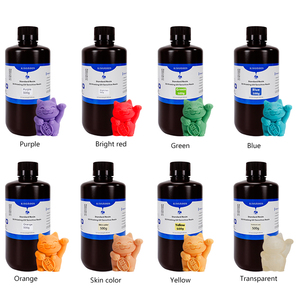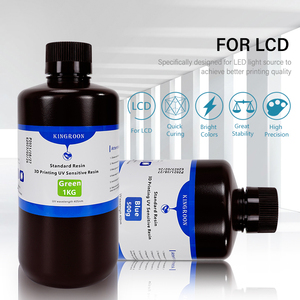Introduction to Kinds of Polymer
Polymers are integral materials found in various industries, renowned for their versatility and unique properties. Understanding the kinds of polymer available can significantly influence product quality and function. Polymers consist of long chains of molecules and can be classified into several categories based on their origin, structure, and usage. Let's explore the diversity of polymer types and their applications.
Types of Kinds of Polymer
- Natural Polymers
- Derived from natural sources like proteins (e.g., silk, wool) and polysaccharides (e.g., cellulose, starch).
- Biodegradable and eco-friendly, making them ideal for sustainable products.
- Synthetic Polymers
- Man-made, created through chemical processes.
- Includes plastics like PVC, polyethene, and polystyrene, known for durability and functionality.
- Elastomers
- Rubber-like materials that exhibit elasticity.
- Commonly found in automotive parts, seals, and medical supplies.
- Thermoplastics
- Softens when heated and hardens upon cooling.
- Examples include polyethylene and polypropylene, widely used in packaging and containers.
- Thermosetting Polymers
- Resin-based materials that harden permanently when heated.
- Used for electrical insulations, adhesives, and protective coatings.
Applications of Kinds of Polymer
Different kinds of polymer cater to specific applications across numerous sectors. Here's a closer look at where these polymers thrive:
- Medical Industry
- Biodegradable polymers are used in drug delivery systems and sutures that dissolve over time.
- Elastomers help produce flexible, skin-compatible medical devices.
- Packaging
- Thermoplastics dominate the packaging landscape, providing lightweight, durable solutions.
- Polymers like polystyrene are ideal for food containers due to their resistance to moisture and air.
- Automotive Sector
- Polymers are used extensively in vehicle interiors and exteriors due to their lightweight properties.
- Elastomers are crucial for producing tires and gaskets.
- Electronics
- Thermosetting polymers are essential for insulating electronics and circuit boards.
- Conductive polymers are an area of growing interest for electronic applications.
Advantages of Kinds of Polymer
The kinds of polymer available today offer numerous advantages that enhance product performance and usability. These include:
- Lightweight
- Polymers reduce the overall weight of products, resulting in easier handling and transportation.
- Versatility
- With a myriad of formulations, polymers can be tailored to meet the specific needs of various applications.
- Durability
- Many polymers exhibit excellent resistance to chemicals, weathering, and wear, ensuring long-lasting performance.
- Cost-Effectiveness
- Being easy to produce and process, polymers often represent a more economical choice compared to traditional materials.















































